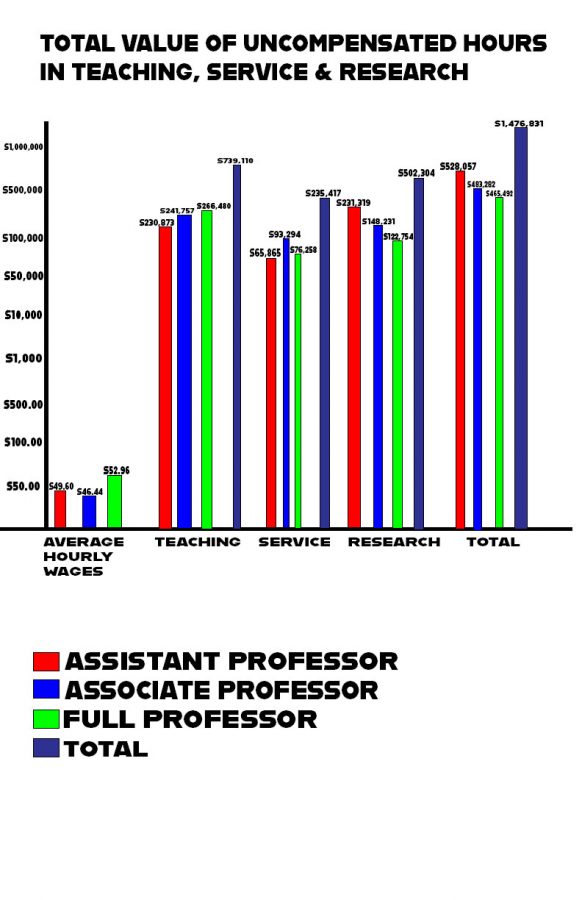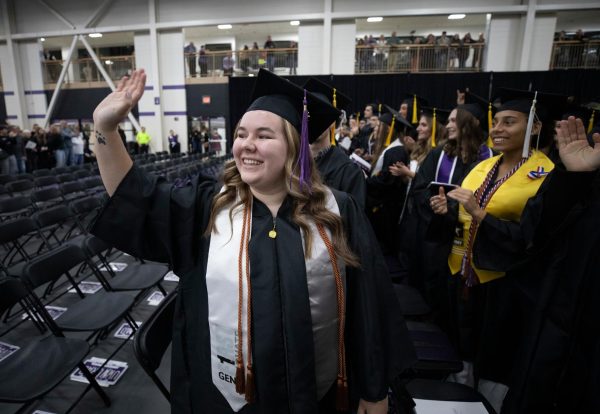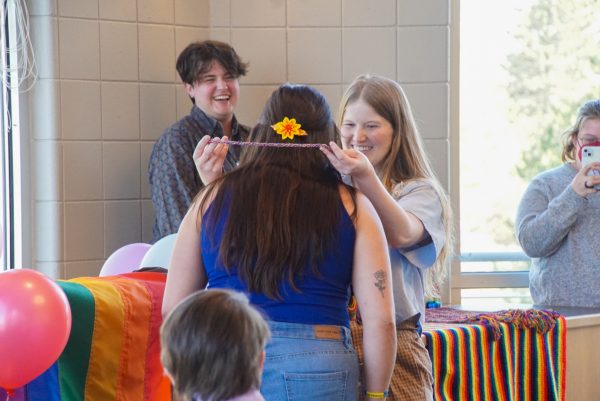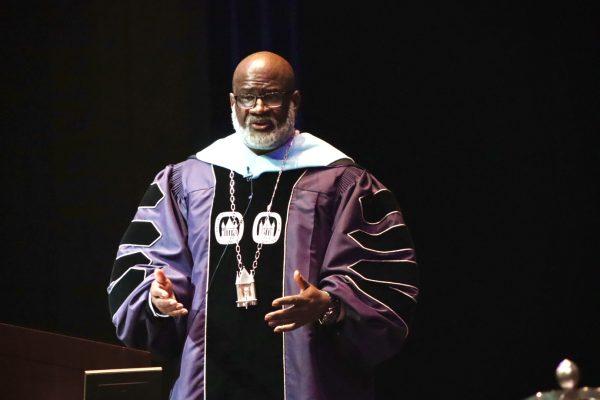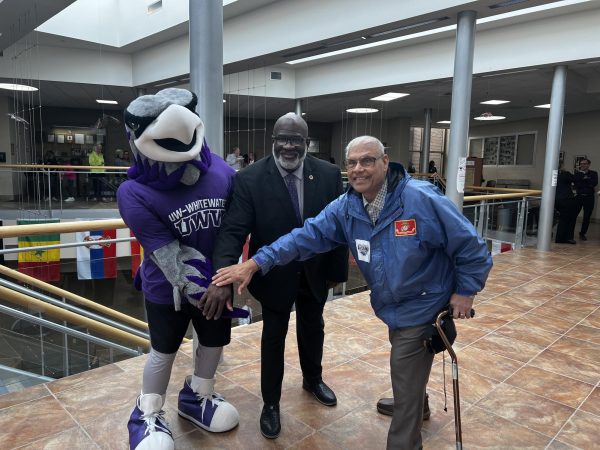A year unlike any other
Faculty gift time to campus
December 13, 2020
As 2020 wraps up with UW-Whitewater’s 150th commencement, faculty, students, and staff reflect on persistent challenges and emerging benefits of learning remotely during the COVID-19 pandemic.
UW-W professor and GIS Center Director Eric Compas conducted a study, presented to the Faculty Senate in October, titled “COVID-19 Uncompensated Faculty Labor – Summer 2020.” The purpose of the study was to highlight the additional work put in by professors to make their classes conducive to the new online format for the fall term. Instructors had also already spent their spring breaks moving courses online the previous spring.
“It’s amazing, the dedication of the instructors on campus. They are so concerned about being effective teachers that when concerns about online teaching arose, they decided to go the extra mile in the summer and do additional work, even though there was no compensation,” said Compas. “People might not realize how much work went in behind the scenes on behalf of administrators, instructors and staff to keep us rolling along. A lot of us do research and additional work over the summer, and we don’t get a paycheck.”
In his study, Compas and the Faculty Senate created a survey sent out to faculty asking how many hours they spent working without pay in response to the pandemic. The survey ended up getting a response from 43 percent of all faculty. The findings concluded that, in total, COVID-19 course alterations amounted to 29,844 additional hours of work, equaling $1.5 million in uncompensated labor.
Specific challenges faced by professors according to Compas’ study included redesigning labs, learning technological programs and conducting traditionally in-person lectures and activities online. This amounted to instructors having to essentially translate everything they knew about teaching in person into teaching through technology — and still have their classes be just as effective as when conducted normally.
Compas also noted that he and the rest of Whitewater faculty are aware they are not the only ones who struggled with the changes.
“We thought about how hard it would be for students, too. We wanted to be cheerleaders. I found myself reaching out to students who haven’t shown up to WebEx for a few classes, and I’ve emailed them to check in and remind them that they aren’t alone,” Compas said.
Because of such difficulties faced by students, parents also have their concerns about the remote format.
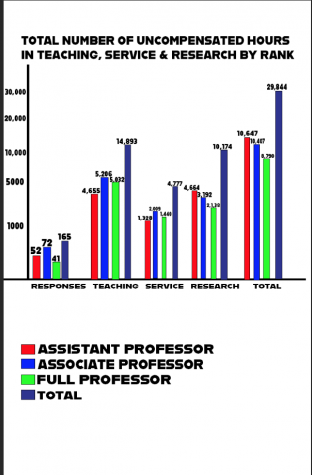
“Knowing that my daughter learns best when in a classroom setting, I am worried that she isn’t getting the same opportunities and connections,” said Warhawk parent Robin Simandl. “But I know she has been working hard, and I am so proud of her for all she has been doing in spite of the circumstances that are working against her.”
Student Ian Dunn, graduating this winter with a degree in Communication, echoed these concerns expressing that he sometimes had a hard time learning without face-to-face interaction. However, he was quick to note that there are benefits to online learning as well.
“This semester I felt like I struggled to learn because it was online, and I only had one class that had lectures,” said Dunn. “On the plus side, it felt like I had less on my shoulders. So I had more time to relax and focus.”
Such benefits of this semester’s format are often difficult to see, but Compas sees definite possibility for such positive outcomes.
“Faculty get into habits, but when we’re forced to teach in a different mode, we’re forced to rethink how we teach and what our goals are. There are some things I do better now because I’ve had to instruct online,” he said. “Once we’re past COVID and we’re back face-to-face, I think we will be teaching in a different way.”
Additionally, assignments normally rushed in a 50-minute class period can be moved to Canvas for asynchronous interaction by students, who end up offering more engaged responses because they are able to dive into it on their own time.
“We have a lot of students who need to work, and the online flexibility means that some students have been able to have a better school-work balance than if everything had been face-to-face,” Compas said. “Still, I do miss it. There isn’t the same level of energy. I get a buzz from teaching, and I’m anxious to get back in the classroom.”
It is beneficial to recognize new skillsets and positive changes that can come from the unconventional semester. UW-W administrators, staff and instructors have been working tirelessly to ensure those benefits will outweigh any setbacks.

